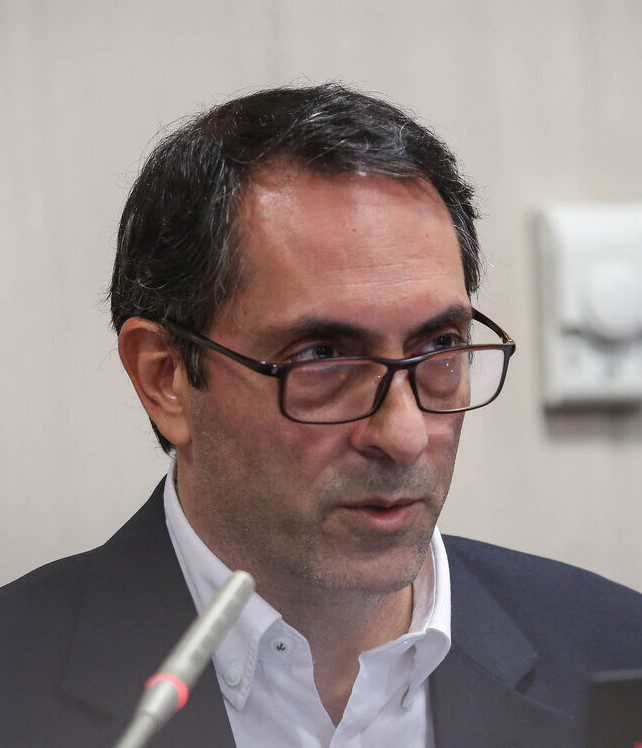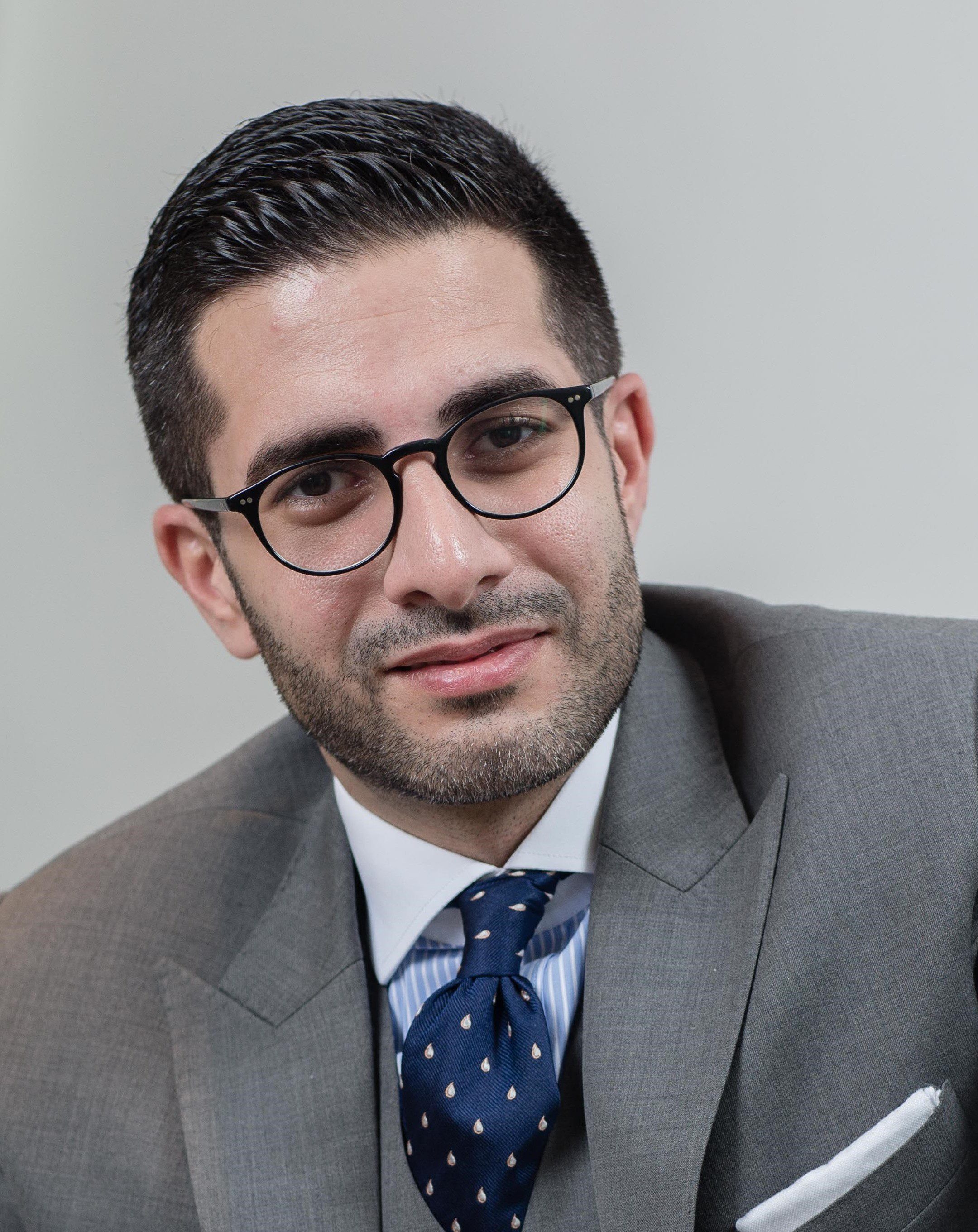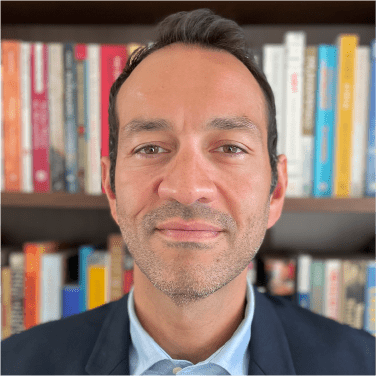Saudi-Iran Agreement:
Implications for the Middle East
March 21, 2023
Summary
The Middle East Council on Global Affairs (ME Council) and the Issam Fares Institute for Public Policy and International Affairs (IFI) at the American University of Beirut co-hosted a webinar discussion on March 21, 2023 to examine the significance and implications of the Saudi-Iran agreement. The discussion was moderated by Adel Abdel Ghafar, fellow and program director at the ME Council. The distinguished panelists included Luciano Zaccara, research associate professor at Qatar University; Faisal Abbas, editor-in-chief at Arab News; Anna Jacobs, senior analyst for the Gulf states at the International Crisis Group; and Joseph Bahout, director of IFI. The panelists evaluated the forces behind the agreement, obstacles to its implementation, and the importance of China’s mediation role.
Bahout began by emphasizing the relevance of the deal on regional and international levels. While China has been recognized as a key mediator, Bahout noted that earlier talks leading up to the agreement were held in Oman and Iraq, which signals the importance of the deal to both regional and international actors. He added that the potential de-escalation between Saudi Arabia and Iran could lead to the normalization with Iran. However, this is at odds with the purported aims of the Saudi-Israeli normalization efforts, as the Abraham Accords were seen by Israel as a way to isolate Iran. He concluded that China becoming a power broker in the region has been an expected development.
Abbas expanded on Saudi’s reaction to the deal and how he expects the agreement to unfold. He affirmed that for the past forty years it was not the Persian culture nor its people but the aggressive expansionist policies of the Iranian regime that Riyadh saw as the primary issue. Today, the Kingdom is cautious about the Iranian regime’s commitment to follow through on the deal. One way to help secure the deal, Abbas argued, is the introduction of “2-factor authentication.” The first factor is Crown Prince Mohammed Bin Salman’s leadership style, which differs from that of the actors to which Tehran is accustomed. Secondly, China and Iran’s mutually beneficial trade relations and, in particular, their energy cooperation act as further incentives for Iran to follow through with the agreement.
Abdel Ghafar then asked Zaccara to expand on the regional and domestic factors behind the deal within Iran. Zaccara stressed that this breakthrough was the result of long-term efforts, building on the agreement signed in 2001 and negotiations that commenced long before the signatories arrived in China. The deal could benefit Iran economically, opening up investments in sanction-hit sectors, especially in the oil sector, and increasing the possibilities for further cooperation to alleviate Iran’s isolation within the region and receive certain security assurances. He noted that international actors such as Israel and the United States could potentially undermine the deal.
Jacobs picked up on this point, describing the reactions the deal prompted in Washington as cautiously optimistic with a certain skepticism that the deal will actually materialize. While some representatives reject any diplomacy with Iran, especially in the absence of a nuclear deal, the Biden administration has welcomed the deal and the de-escalation it signifies. However, there are concerns that normalization with Iran may undermine U.S. sanctions as Iran strengthens economic ties with regional states. Additionally, the deal could indicate to Washington that Saudi does not require the same levels of U.S. support that it has in the past. With Western diplomacy mainly focusing on nuclear issues in the region and normalization with Israel, China’s growing economic and political influence is likely to make some in the West uneasy.
Bahout then turned to the deal’s implications for Lebanon and Syria. He asserted that Yemen will be the first testing ground for the deal’s regional impacts, while any effects on Hezbollah’s influence will be evident only later on in Lebanon. The panelist added that there are many false perceptions of the deal’s impact on Lebanon, with some camps believing that it will make Saudi Arabia endorse Hezbollah’s political candidates or even claiming that the deal could lead to Hezbollah’s disarmament. This, Bahout argues, is highly unlikely. However, he does see the deal as an opening to more thoroughly integrate Hezbollah into the social arena. When it comes to Syria, he highlighted that normalization efforts with regional powers have already been underway for some time, regardless of the Saudi-Iran deal, and thus any normalization with Syria cannot be seen merely as a result of this recent agreement.
Returning to Abbas, Abdel Ghafar inquired about the impact of the deal on the Saudi negotiations with the Houthis in Yemen. Abbas responded that Saudi seeks to exit the war in Yemen, and is coming to the negotiation table aiming at a sustained truce. In his analysis, Saudi Arabia has already witnessed the worst-case scenario of military attacks and insecurity and thus has nothing to lose and everything to win from the deal. Similarly, Iran seeks more support in the international arena and relief for its economy in the face of a regime of sanctions. Responding to Abbas, Jacobs remarked that recent dynamics in Yemen can partially explain the timing of the deal, as a major prisoner swap deal between the Houthis and the Saudis may also take place soon. Another explanation of the timing of the deal is China’s readiness to serve as a mediator and potential guarantor that possesses more leverage than Oman or other actors interested in mediating between Riyadh and Tehran. Ultimately, the results of the deal and China’s mediation are yet to be fully materialized, both through the changing dynamics on the ground in Yemen and new forms of bilateral cooperation between Saudi Arabia and Iran.
Speakers

Luciano Zaccara
Research Associate Professor, Qatar University

Faisal Abbas
Editor-in-Chief, Arab News

Anna Jacobs
Senior Analyst for the Gulf states, International Crisis Group

